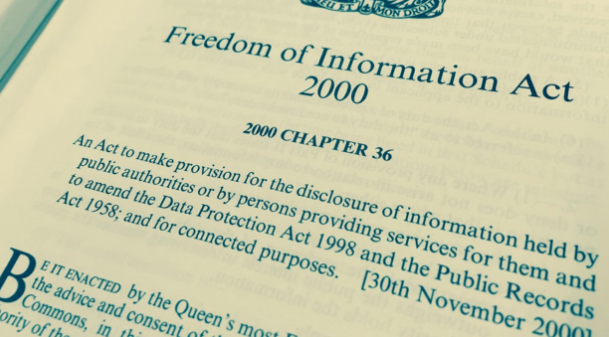Birmingham FOI request.

The proposals that have been put forward by Birmingham City Council to ban all busking in two of the best pitches in the city (around Temple Street and by the Rotunda) are an excellent example of how, all too often, the powers that be (in this case the Environmental Health Department) can overreact when complaints are received about buskers. In their consultation, which appears heavily biased towards confirming the introduction of a PSPO (Public Spaces Protection Order), they cite the fact that they have received 114 noise complaints in 6 months. Which sounds like quite a lot. But we recently received the results of a FoI request that gave us an insight into the details of these complaints.
We expected them to paint a different picture to the one that the council was trying to portray; we did not expect the results to be as drastic as they were. There is a fair amount of detail to go through, but the main points are as follows:
-
Of the 114 complaints, at most, 88 were about busking (there were a small number where the source of the complaint was not recorded, so I have included these in the busking total).
-
In the Temple Street area, a maximum of 80 complaints relating to busking were received. Remarkably, 77 of these were from the same person.
-
In the Rotunda area, there was just one complaint relating to busking in the 6 month period.
There were a small number of complaints about busking in other areas of the centre, all of which are included in the 114 figure.
Ultimately, this ban has been proposed on the basis of the actions of one man, a local resident in the vicinity of Temple Street who is known to buskers in the area as being violent and aggressive towards street entertainers.
The idea that a busking ban is needed in the area near the Rotunda is even more absurd. Although there have been complaints about preachers in the area, the idea of introducing a ban against buskers on the basis of a single complaint over a 6 month period is clearly a ridiculous one.
We have had positive engagement with those behind the proposals and we hope that, having seen this data, they will agree that a busking ban in these areas would be an unreasonable reaction to what is clearly not as much of a problem as has been portrayed.
If you would like to add your voice to the many people who have been trying to persuade the council the change their minds over this, you can fill in the consultation here before the 22nd February:
https://www.birminghambeheard.org.uk/people-1/citycentrenoisepspos/
-David Fisher





